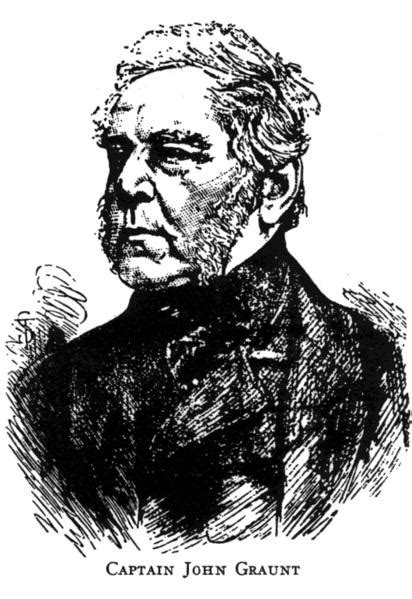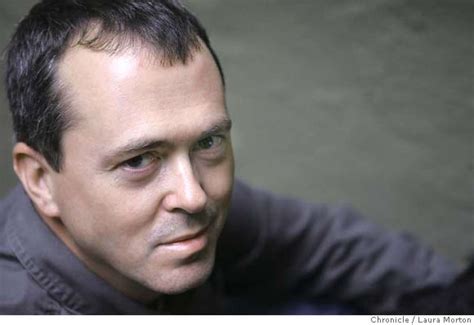A Quote by Teju Cole
Each time I caught sight of geese swooping in formation across the sky, I wondered how our life below might look from their perspective, and imagined that, were they ever to indulge in such speculation, the high-rises might seem to them like firs massed in a grove.
Related Quotes
People think that alien spaceships would be solid and made of metal and have lights all over them and move slowly through the sky because that is how we would build a spaceship if we were able to build one that big. But aliens, if they exist, would probably be very different from us. They might look like big slugs, or be flat like reflections. Or they might be bigger than planets. Or they might not have bodies at all. They might just be information, like in a computer. And their spaceships might look like clouds, or be made up of unconnected objects like dust or leaves.
I've shown the players geese videos. I've shown them why geese fly in V formation, what everybody's role is, how geese support each other and, most importantly, why you fly further together. That's the bottom line. Geese wouldn't be able to migrate to the sun without all traveling together. It's the same for us.
Windy or not, a day this beautiful has to be lived. The day is bright and clear, the sky blue, and the dry air feels light. A northerly wind stirs a primal urge to move. The geese feel it, and so do I. Perhaps it is a last internal vestige from a time, long ago, when we migrated with the seasons across open plains, following the animals we pursued for food. Perhaps that is why the sight of migrating geese arrests our attention, why we feel the pull. We want to go, to travel in fresh or moody weather, taking in each newly revealed vista.
And even if these scenes from our youth were given back to us we would hardly know what to do. The tender, secret influence that passed from them into us could not rise again. We might be amongst them and move in them; we might remember and love them and be stirred by the sight of them. But it would be like gazing at the photograph of a dead comrade; those are his features, it is his face, and the days we spent together take on a mournful life in the memory; but the man himself it is not.
It would seem that if despotism were to be established among the democratic nations of our days, it might assume a different character; it would be more extensive and more mild; it would degrade men without tormenting them. I do not question that, in an age of instruction and equality like our own, sovereigns might more easily succeed in collecting all political power into their own hands and might interfere more habitually and decidedly with the circle of private interests than any sovereign of antiquity could ever do.
Having always observed that most of them who constantly took in the weekly Bills of Mortality made little other use of them than to look at the foot how the burials increased or decreased, and among the Casualties what had happened, rare and extraordinary, in the week current; so as they might take the same as a Text to talk upon in the next company, and withal in the Plague-time, how the Sickness increased or decreased, that the Rich might judg of the necessity of their removal, and Trades-men might conjecture what doings they were likely to have in their respective dealings.
I’ve been thinking about that ever since. Am I lucky? Am I lucky that I didn’t die? Am I lucky that, compared to the other kids here, my life doesn’t seem so bad? Maybe I am, but I have to say, I don’t feel lucky. For one thing, I’m stuck in this pit. And just because your life isn’t as awful as someone else’s, that doesn’t mean it doesn’t suck. You can’t compare how you feel to the way other people feel. It just doesn’t work. What might look like the perfect life—or even an okay life—to you might not be so okay for the person living it.
I don't like the way question marks look. They're really ugly. They look like blots. At some other point in my life, I might have disliked them because I never knew how to properly apply them. Also commas, and whether they were outside the quote or inside the quote - that all seemed like an unnecessary pain in the ass.
The [Stanford Prison Experiment] was readily approved by the Human Subjects Research committee because it seemed like college kids playing cops and robbers, it was an experiment that anyone could quit at any time and minimal safeguards were in place. You must distinguish hind sight from fore sight, knowing what you know now after the study is quite different from what most people imagined might happen before the study began.
The first question she was asked was What do you do? as if that were enough to define you. Nobody ever asked you who you really were, because that changed. You might be a judge or a mother or a dreamer. You might be a loner or a visionary or a pessimist. You might be the victim, and you might be the bully. You could be the parent, and also the child. You might wond one day and heal the next.
Our great whirling planet, our human individuality, were not given to us merely that we might exist for a time and then vanish into nothingness, but that we might question what it is all about.
To live without understanding the purpose of life is foolish, a waste of time. The mystery of life surrounds us; we were given intelligence in order to solve it.
Parenting forces us to get to know ourselves better than we ever might have imagined we could--and in many new ways. . . . We'll discover talents we never dreamed we had and fervently wish for others at moments we feel we desperately need them. As time goes on, we'll probably discover that we have more to give and can give more than we ever imagined. But we'll also find that there are limits to our giving, and that may be hard for us to accept.






































